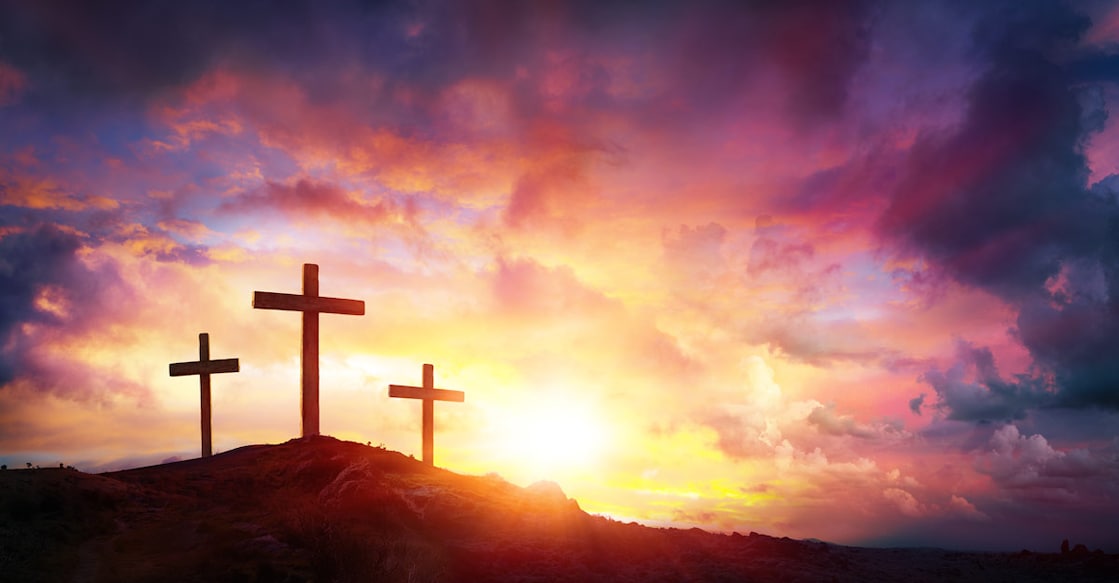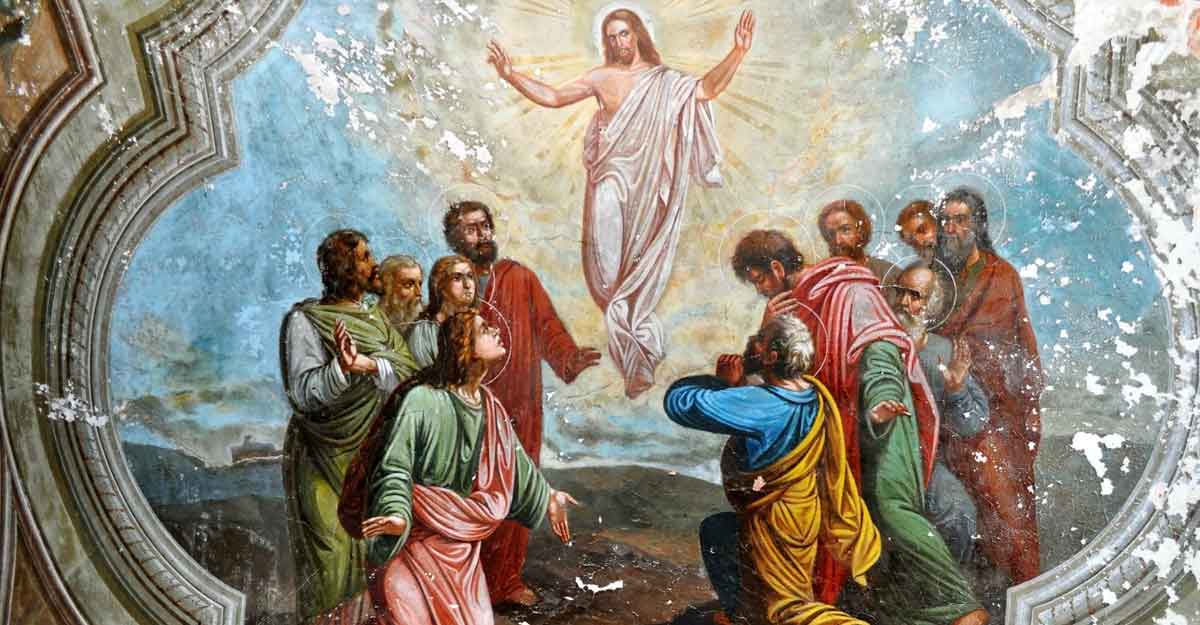Column | Easter and the recurring motif of resurgence

Mail This Article
In many versions of the Bible, the immortal phrase -“Jesus wept" - is reputed to be the shortest verse, salient and highly evocative in its context.
It is also a poignant moment in our readings of the Bible, for anybody who believes in friendship as the most enduring of all relationships, without the formal trappings of human bondage of other kinds.
This is the context: the death of Lazarus, had left Mary and Martha, two sisters devoted to Jesus, in tatters. The setting is Bethany, on the west bank of River Jordan. When they heard that Jesus was in their neighbourhood of Bethany, on the west bank of River Jordan, they rushed to call the Master. He came, Mary fell at his feet, crying.
“When Jesus therefore saw her weeping, and the Jews also weeping which came with her, he groaned in the spirit, and was troubled…Jesus wept” says Chapter 11 of the Gospel of John. He then commanded Lazarus to rise, after intense contemplation and Lazarus came up alive.
This resurrection predates the holy Resurrection of Christ himself.
In philosophical terms and in cross-over spiritual perceptions by people belonging to all religious persuasions, Easter Sunday is not only the coming back to life of Christ, it is a perennial renewal of our collective hope and aspirations and our faith in the ability of humankind itself to rise again.
“Our greatest glory is not in never falling, but in getting up every time we fall,” is a quote attributed to Chinese philosopher, Confucius who predated Jesus by at least 500 years. Over history and across geographies, the theme of revival, of resurrection, of resurgence is a recurring motif.
After the gloom and melancholia of the crucifixion, which is one of the saddest chapters in the collective consciousness of humanity, Easter comes as a great moment of joy, when all is well with the world again and God is in his high heavens.

For us in Kerala particularly - India’s most multi-religious State where the three major religions exist in harmony - Easter marks the advent of Spring too. Vishu, our spring equinox follows and a couple of days before that the holy month of Ramadan.
Whatever be the cause, it is a fact that no country in the world is perhaps as religious in its day-to-day life as India is. Therefore, Easter has a special resonance for all of us because it signifies renewal and hope.
Whereas for the devout, it signifies the resurrection of the Son of God, for the non-devout too renewal is a preternatural word.
It is an inevitable part of the vocabulary for living because without renewal or the hope for a renewal, life in the here and now becomes dreary and dreadful.
So, at its most temporal level, even it be a mnemonic device, resurrection is magnificent in concept, content and effect.
One of the most soul-stirring narratives in the Bible, also commented upon by Swami Ranganathananda in his essay “The Christ we Adore”, is that of Mother Mary witnessing the pathetic scene of the suffering of her son.
With her was her sister and Mary Magdalene and John, his disciple. The two Marys remained near Jesus’ sepulchre for three days and then had the magnetic experience of his resurrection.
Upon the hills of Galilee he appeared and gave them his word, that he will be with them unto the end of the world.
Hope springs eternal in the human breast, wrote Alexander Pope in the 18th century. “Arise, awake,” said Swami Vivekananda, quoting from one of the most beautiful passages of the Katha Upanishad.
“Thasmaath Uthishta Kaunteya” (therefore rouse thyself, Arjuna) says Krishna to Arjuna.
Arising and resurrecting are values that will stand us in good stead here and now and beyond, as we joyously celebrate Easter.
(S. Adikesavan is Chief General Manager with SBI working from Thiruvananthapuram . He believes in inter-faith dialogue. Views are personal. )


